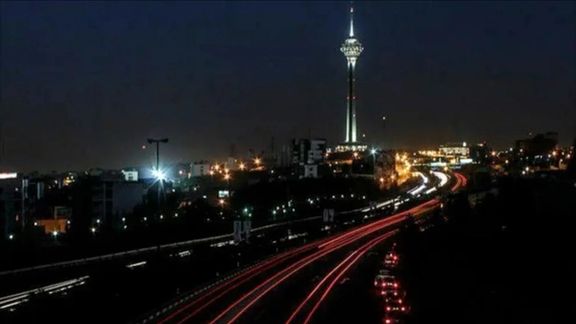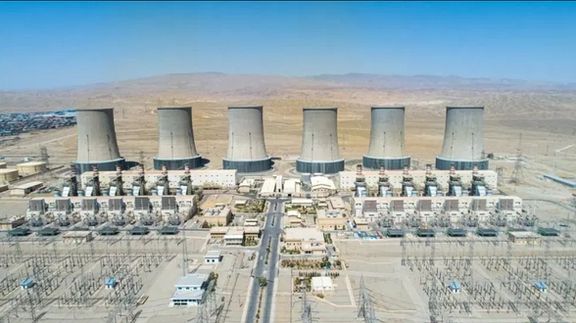Iran's parliament speaker blames mismanagement for energy crisis

Iran’s parliament speaker has blamed mismanagement as the cause of the country's energy crisis during a special session of the Energy Committee on Sunday.

Iran’s parliament speaker has blamed mismanagement as the cause of the country's energy crisis during a special session of the Energy Committee on Sunday.
Addressing the country’s persistent power and fuel shortages, Mohammad Bagher Ghalibaf said, “The real problem lies in management. One person blames another, and the cycle continues. Until we solve the management imbalance, we cannot resolve the energy imbalance.”
The rare remarks which contradict the official government line blaming the crisis on resource shortages, came as Energy Minister Abbas Aliabadi warned of a looming electricity deficit and unprecedented challenges in the coming summer, following a season of widespread blackouts and gas shortages.
With a projected shortfall of 25,000 megawatts of electricity next year, Aliabadi admitted that immediate solutions look bleak.
Ghalibaf spoke about institutional flaws in Iran’s energy sector, attributing inefficiencies to outdated governance structures. “There is an institutional flaw in the energy sector, both in production and consumption, leading to policy mistakes. Our energy governance is flawed,” he said.
Energy Minister Aliabadi acknowledged the gravity of the situation, apologizing for gas shortages and outlining the government’s inability to resolve them in the short term. He cited last summer’s 20,000-megawatt electricity shortfall and warned of worsening conditions.
“Winter’s cold can be endured with warm clothing, but navigating the challenges of summer is not as simple,” he said.
However, Ghalibaf proposed the establishment of an operational center to coordinate between the Oil Ministry, the Ministry of Energy, and Parliament. “To address the energy imbalance, supply and demand must align. While production must be a focus, consumption must also be controlled,” he said.
Gas shortages have also reached critical levels, with domestic consumption exceeding production capacity, resulting in rationing and significant strain on households and industries. Efforts to curb usage, such as a 2-degree reduction in heating temperatures, have saved 45 million cubic meters of gas daily, but structural issues persist, in spite of Iran owning one of the world's largest gas fields.
Widespread impact on citizens and economy
Massoud Pezeshkian, Iran’s President, has also raised concerns over systemic failures in energy management, saying “Iran is experiencing shortages in electricity, water, gas, the environment, and finances, with some of these shortages bringing the country to the brink of a precipice.”

Power cuts in the summer of 2024 caused significant losses for industries, estimated at $11 billion, according to Ali Mahmoudian, head of the National Union of Alternative Fuels.
The closures of schools, universities, and government offices due to energy management have further strained Iran’s economy, costing an estimated $62.5 million per day.
As the country braces for a potentially devastating summer, officials are divided on how best to navigate the crisis. Ghalibaf’s comments that management reforms are key contrasts with the Ministry of Energy’s focus on immediate consumption reduction measures.
Iran now faces the dual challenge of overcoming internal inefficiencies and adapting to the growing energy demands of a population grappling with economic uncertainty and environmental degradation.